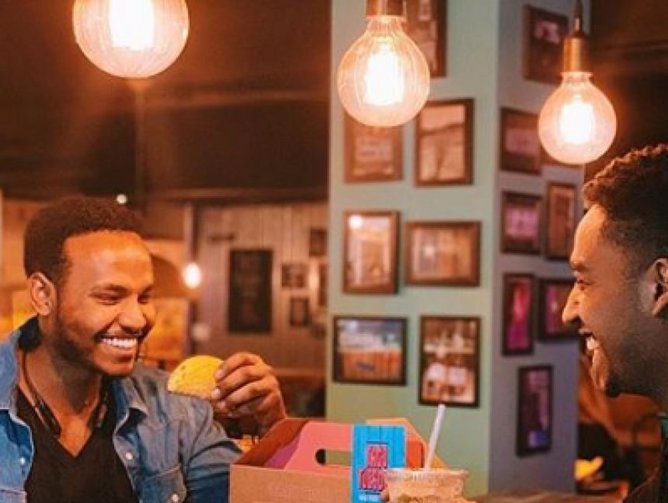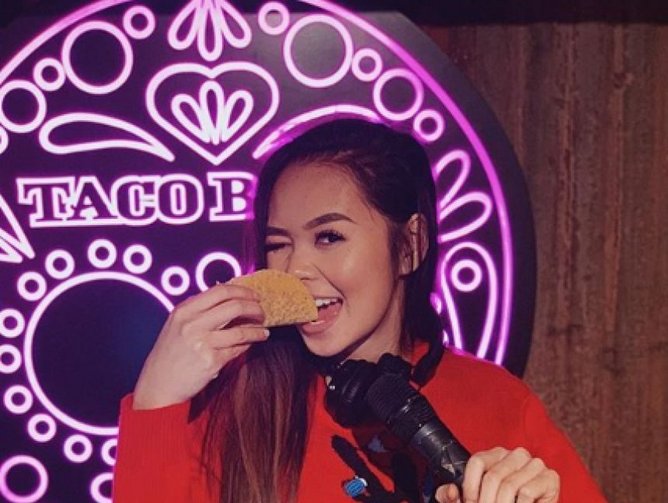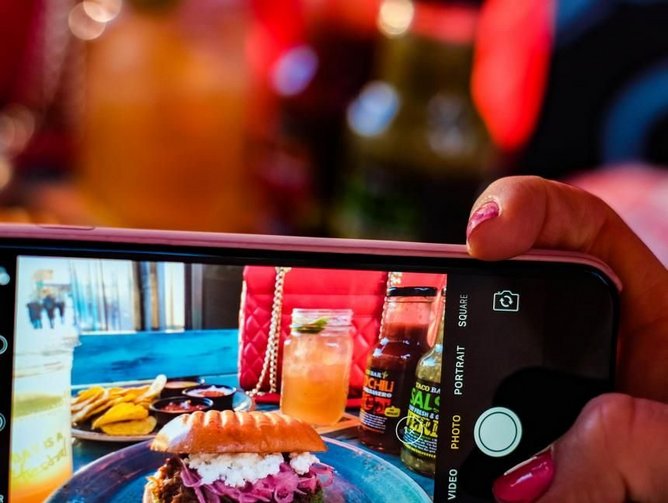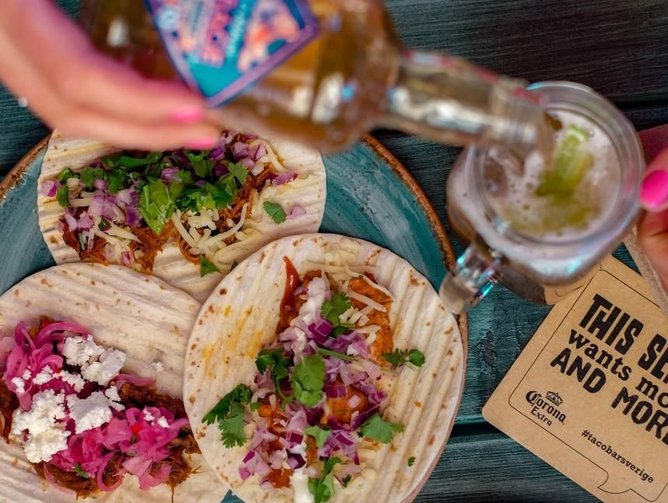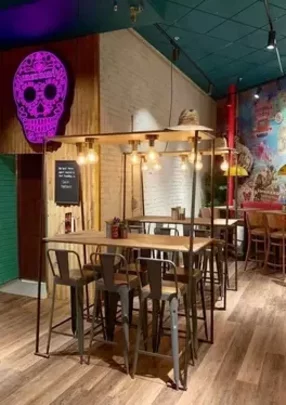Taco Bar continues to grow in both the physical and digital realm amid technology transformation
“During my 20 years in the restaurant business there has never been such rapid change in customers’ habits and demands as there is right now, which is both interesting and fun to be a part of,” says Lars Callebro, owner and CEO of Sweden’s Taco Bar. Despite this challenging environment, Callebro’s company, which offers Tex Mex cuisine, is growing at a healthy rate. Six new restaurants have opened in the past year, adding to its existing stable of over 40 locations across Sweden. Such growth is actually two-fold, encompassing both the aforementioned physical locations but also the ever-expanding digital market.
One of the factors enabling Taco Bar’s continuing growth is its implementation of the franchise model. “Franchisees have a five-year deal with us,” explains Callebro. “They pay royalties and marketing fees which gives them access to our menu, our concept and our supply chain.” The system rests on the mutual benefit of franchisor, franchisee and suppliers, and Callebro is clear that growth can never be achieved at the expense of existing franchisees: “Taco Bar’s goals for the future are continued growth, opening Taco Bar restaurants in new markets and, most importantly, taking care of the franchisees that we already have within the system. If we do that, we’ll continue to grow.”
Taco Bar also credits its culture as vital to its success. “The guest experience is relaxed, casual and informal,” says Callebro. “Taco Bar is a place where everyone is welcome, a place where you and your friends, family or business partners can have an affordable meal and a drink without needing to book in advance. You can pop in for 15 minutes or you can be there for an hour and a half if you would like.” It might at first seem that a consistent culture is at odds with a franchise model, but Taco Bar puts the effort in to ensure a welcoming atmosphere is a constant across its locations. “Spreading the culture is very important and we put a lot of money and hours into that part of the organisation. We have a strong operations department in order to be able to fully support our franchisees and their operational procedures, but it’s also about ensuring everyone in the Taco Bar family understands what Taco Bar is about. When it comes to our restaurants, it’s very much about time spent on the floor, shoulder to shoulder with our franchisees and partners.”
Such attention to detail extends to the company’s supply chain, which Callebro says is crucial to the company’s authentic DNA. “We source our corn nacho chips from a plant in Pennsylvania. They’re made from stone ground fresh corn especially for us. Our tortillas are bought from a bakery in Atlanta, Georgia, and our guacamole is made for us in Uruapan, Mexico. Our pulled beef is made in a special factory here in Stockholm, with carefully sourced meat from Uruguayan cows that are grain fed for 120 days. It’s put into an oven for 22 hours, and barbecued over hickory wood on a BBQ cooker specially bought from the US – that’s what makes Taco Bar’s food special.” Not only does this responsible sourcing ensure the quality of its ingredients, it also plays into the company’s focus on sustainability. Taco Bar operates on a low waste model, serving its food on china and drinks in glasses, moving away from plastic to paper, and carefully sorting any waste that is created. Recently, the company has seen success with vegetarian offerings: “We have over 250 different dishes that you can have as a vegetarian, and our vegan shake has been a tremendous success on social media.”
“The biggest challenge right now is the digital transformation happening in the retail sector,” says Callebro. “It’s not the case that today there are 100 people on the street and tomorrow there’ll be 50 people – but it is going from 100 to a figure like 90. We needed to grab a piece of that digital market, and we have done that very successfully.” Part of the company’s continuing efforts in this sector has been the development of an app, in partnership with suppliers and others, that allows Taco Bar customers to order and pay inside the restaurant or in advance of their arrival. Callebro sees such conveniences as crucial to the company’s continued success. “If a customer would like to sit in their office or in a park, order food and have it brought to them, the app will be there for them, or they can use it to beat the line and take it away themselves. Convenience is very important for the future guests of Taco Bar, so we’ll continue to invest in digital consumerisation.”
Taco Bar leverages its partnerships with a number of innovative technology companies to improve the experience of its customers. Teaming up with delivery companies like UberEats, Hungrig, Delivery Heros and others is another way Taco Bar offers its customers the convenience they desire. “This is a strategically important area for us to grow within the digital space,” says Callebro, also detailing Taco Bar’s partnership with Leeroy on a data-driven, unified point of sale system. “Leeroy is our point of sale partner and we are evaluating them and others regarding our app that we hope to launch within six to 12 months.”
It is through the twin considerations of physical and digital that Taco Bar has succeeded in growing throughout Sweden. Its ongoing digital transformation has set the company up to capture the digital market without neglecting its physical locations. Such has been its success within the country that the future holds expansion outside of its borders. “We are constantly evaluating new markets,” says Callebro. “It’s in our long-term business plan to establish Taco Bar outside of the country, so we will continue to search for good partners to expand.”
